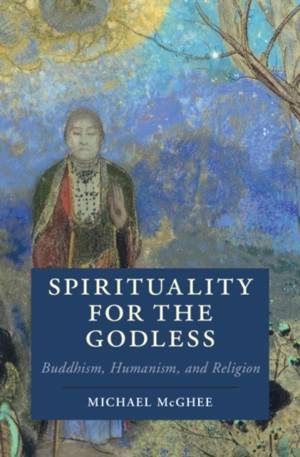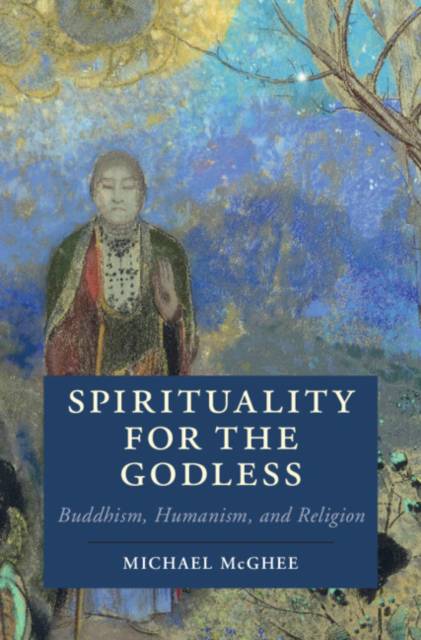
Bedankt voor het vertrouwen het afgelopen jaar! Om jou te bedanken bieden we GRATIS verzending (in België) aan op alles gedurende de hele maand januari.
- Afhalen na 1 uur in een winkel met voorraad
- In januari gratis thuislevering in België
- Ruim aanbod met 7 miljoen producten
Bedankt voor het vertrouwen het afgelopen jaar! Om jou te bedanken bieden we GRATIS verzending (in België) aan op alles gedurende de hele maand januari.
- Afhalen na 1 uur in een winkel met voorraad
- In januari gratis thuislevering in België
- Ruim aanbod met 7 miljoen producten
Zoeken
€ 47,95
+ 95 punten
Uitvoering
Omschrijving
Many people describe themselves as secular rather than religious, but they often qualify this statement by claiming an interest in spirituality. But what kind of spirituality is possible in the absence of religion? In this book, Michael McGhee shows how religious traditions and secular humanism function as 'schools of wisdom' whose aim is to expose and overcome the forces that obstruct justice. He examines the ancient conception of philosophy as a form of ethical self-inquiry and spiritual practice conducted by a community, showing how it helps us to reconceive the philosophy of religion in terms of philosophy as a way of life. McGhee discusses the idea of a dialogue between religion and atheism in terms of Buddhist practice and demonstrates how a non-theistic Buddhism can address itself to theistic traditions as well as to secular humanism. His book also explores how to shift the centre of gravity from religious belief towards states of mind and conduct.
Specificaties
Betrokkenen
- Auteur(s):
- Uitgeverij:
Inhoud
- Aantal bladzijden:
- 210
- Taal:
- Engels
- Reeks:
Eigenschappen
- Productcode (EAN):
- 9781316613757
- Verschijningsdatum:
- 8/07/2021
- Uitvoering:
- Paperback
- Formaat:
- Trade paperback (VS)
- Afmetingen:
- 152 mm x 229 mm
- Gewicht:
- 312 g

Alleen bij Standaard Boekhandel
+ 95 punten op je klantenkaart van Standaard Boekhandel
Beoordelingen
We publiceren alleen reviews die voldoen aan de voorwaarden voor reviews. Bekijk onze voorwaarden voor reviews.









